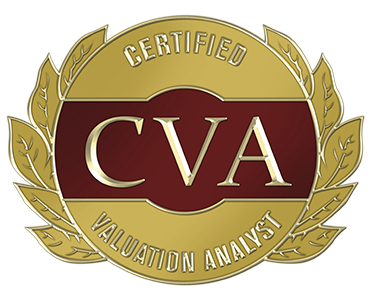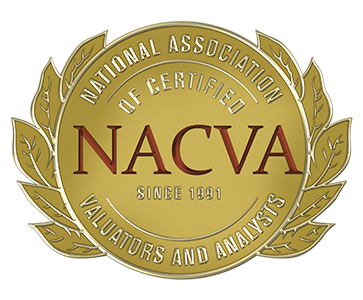
(Blog Series 3 of 10)
You’ve already taken a look at your year 2023, analyzing what worked and what didn’t. You’ve also defined your SMART goals. So, what’s next? It’s time to prepare your budget and plan accordingly for your finances and goals. That’s why we’re discussing budgeting today. And no, budgeting is not a curse word.
Let’s face it! I’m a seasoned financial advisor who consistently emphasizes the significance of budgeting to clients. However, I’ll admit, I used to find it challenging to create my own budget. This stems from the common perception that budgeting is not fun at all and just a guessing game. Even with my penchant for structured planning, developing budgets for my department and later for my business wasn’t the highlight of my year. So, I understand the reluctance. Believe me, I know how you feel. But, once you take into your heart how good a budget can be for your business and your sanity, you will start loving it.
There’s a quote from Dave Ramsey that I love: “A budget is telling your money where to go instead of wondering where it went.” Nothing is truer than that. Without a budget, clients and colleagues often experience a year with substantial revenues but negligible profits, as they fail to plan comprehensively for all financial aspects.
Think of a budget as your business roadmap. Instead of fumbling in the dark about where your money has been spent, a well-constructed budget empowers you to proactively allocate each dollar, particularly towards those SMART goals you’ve meticulously defined. It’s crucial to set yourself up for success by translating goals into actionable steps and effective cash flow management.
Budgeting is not just a financial tracking exercise; it’s a strategic plan that allocates resources across various business facets, from operational expenses to investments and marketing. By adhering to a budget, you take command of your business’s financial trajectory, ensuring purposeful resource utilization aligned with your business goals. Essentially, it transforms financial management from a defensive position tracking expenditures to an offensive position guiding your finances towards goal achievement. I guess I forgot to mention in the last blog that I also like sports!
What do you need to do to prepare a good budget?
Let’s start with a friendly and crucial piece of advice, maybe one that other advisors might not consider important. Keep your business finances separate from your personal finances. While it might seem manageable initially, co-mingling finances can create long-term complications hindering business growth and integrity. When preparing your budget, focus solely on your business finances. And I am not saying not to consider your compensation and the expected profit when preparing it. I am just suggesting you assign your compensation package and make your personal budget considering such benefits separately.
To prepare an effective budget:
Analyze the results of the previous year and, if you prepared a budget the previous year, compare those results to the budgeted amounts. Evaluate the achievement of last year’s goals.
Estimate revenues with your goals in mind. Don’t just think, “We want $20 million in revenue this year.” Consider SMART goals and plan your business development activities accordingly. A detailed budget, breaking down by month and considering specific factors, such as the number of clients and average fees for a business in the professional services industry, enhances clarity.
Classify your direct costs into fixed and variable. Direct costs directly impact your sales, such as the cost of goods sold. Indirect costs, like rent and utilities, have a more general nature. Distinguish between fixed costs that recur regardless of sales and variable costs that change with revenues.
Establish spending goals, especially for general expenses. Before including an expense like a $50,000 summer outing in your budget, assess its impact on net profit and commit to sticking to the budget when the time comes.
After considering revenues, direct costs, and general expenses, evaluate the estimated profit for the year. Assess whether the projected profit aligns with your expectations and strategize ways to improve it.
As part of your budgeting process, also consider a cash flow projection, but no worries, we’ll discuss this tomorrow because, as the saying goes, “Cash is KING!”
Budgeting is pivotal for businesses, especially small businesses and start-ups. It empowers business owners to make informed estimates and allocate funds strategically. Crafting a budget not only provides a spending roadmap but also offers a clear understanding of available resources to pursue business goals. Moreover, it acts as a financial safety net, ensuring sufficient funds are set aside to work with when unexpected challenges or crises arise. In essence, budgeting is a strategic tool that aids in financial planning and safeguards the stability of a business. So, make sure you have one!
And if you still find budgeting an overwhelming process, rest assured, I’m here to assist you. Together, let’s conquer 2024 and tackle the budgeting challenges with confidence!













